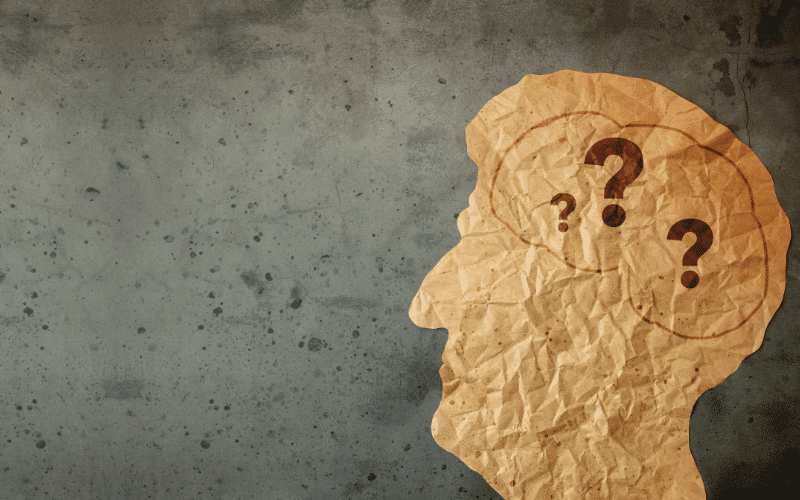Frequently Asked Questions Around The Topic of Anterograde and Retrograde Amnesia
Advertisements
 Advertisements
Advertisements
1. What is the main difference between anterograde and retrograde amnesia?
The main distinction between anterograde and retrograde amnesia lies in the nature of the memory loss. Anterograde amnesia refers to a condition where an individual struggles to form new memories after the event that caused the amnesia. Conversely, retrograde amnesia involves difficulties in recalling past events or information that were established before the onset of amnesia.
2. Are there any treatments available for anterograde and retrograde amnesia?
While there’s currently no cure for amnesia, various strategies can help manage the condition. These include cognitive therapy, memory training, and using compensatory strategies like note-taking and electronic organizers. The choice of treatment often depends on the cause of amnesia and the specific memory deficits of the individual.
3. Can someone have both anterograde and retrograde amnesia at the same time?
Yes, it’s possible for someone to have both anterograde and retrograde amnesia concurrently. This condition is known as global amnesia. It’s often seen in cases where the brain damage is extensive, affecting areas responsible for both the formation of new memories and the retrieval of old ones.
4. How does sleep affect amnesia?
Research suggests that sleep plays a crucial role in memory consolidation, which is the process of forming stable long-term memories. Consequently, disruptions in sleep can affect this process, potentially contributing to memory issues. Chronic sleep disorders, such as insomnia or sleep apnea, may even cause symptoms similar to those of anterograde amnesia.
5. What are the emotional effects of living with amnesia?
Living with amnesia can have a significant emotional impact. It can lead to feelings of confusion, frustration, and distress. In the case of retrograde amnesia, individuals might experience a sense of lost identity, which can cause further psychological distress. Therefore, addressing the emotional health of individuals with amnesia is a crucial part of comprehensive care.
6. What does the future hold for the treatment of amnesia?
While there is currently no definitive cure for amnesia, research is ongoing, and future treatments look promising. Advancements in areas like regenerative medicine, technology, and our understanding of brain plasticity could potentially lead to more effective treatments. For instance, research is being done on memory prosthetics, stem cell therapy, and the use of AI and VR in treatment strategies. However, it’s important to remember that many of these potential treatments are still in their early stages of development.
Conclusion: Unraveling the Mysteries of Anterograde and Retrograde Amnesia
Anterograde and retrograde amnesia are intriguing conditions that reveal much about the intricate workings of human memory. These conditions, characterized by the inability to form new memories or recall past ones, respectively, offer unique insights into the brain’s memory formation and retrieval processes.
While living with amnesia presents significant challenges, various coping strategies, like memory training and cognitive therapy, can assist individuals in managing their memory deficits. Understanding these conditions is crucial not only for improving treatment approaches but also for addressing the emotional impacts associated with memory loss.
The future holds promising potential for the treatment of amnesia. The frontiers of regenerative medicine, AI, and VR are being explored to develop innovative strategies to combat memory disorders. These advancements, combined with the incredible resilience of the human brain, give hope for more effective and comprehensive treatment strategies for amnesia in the future.